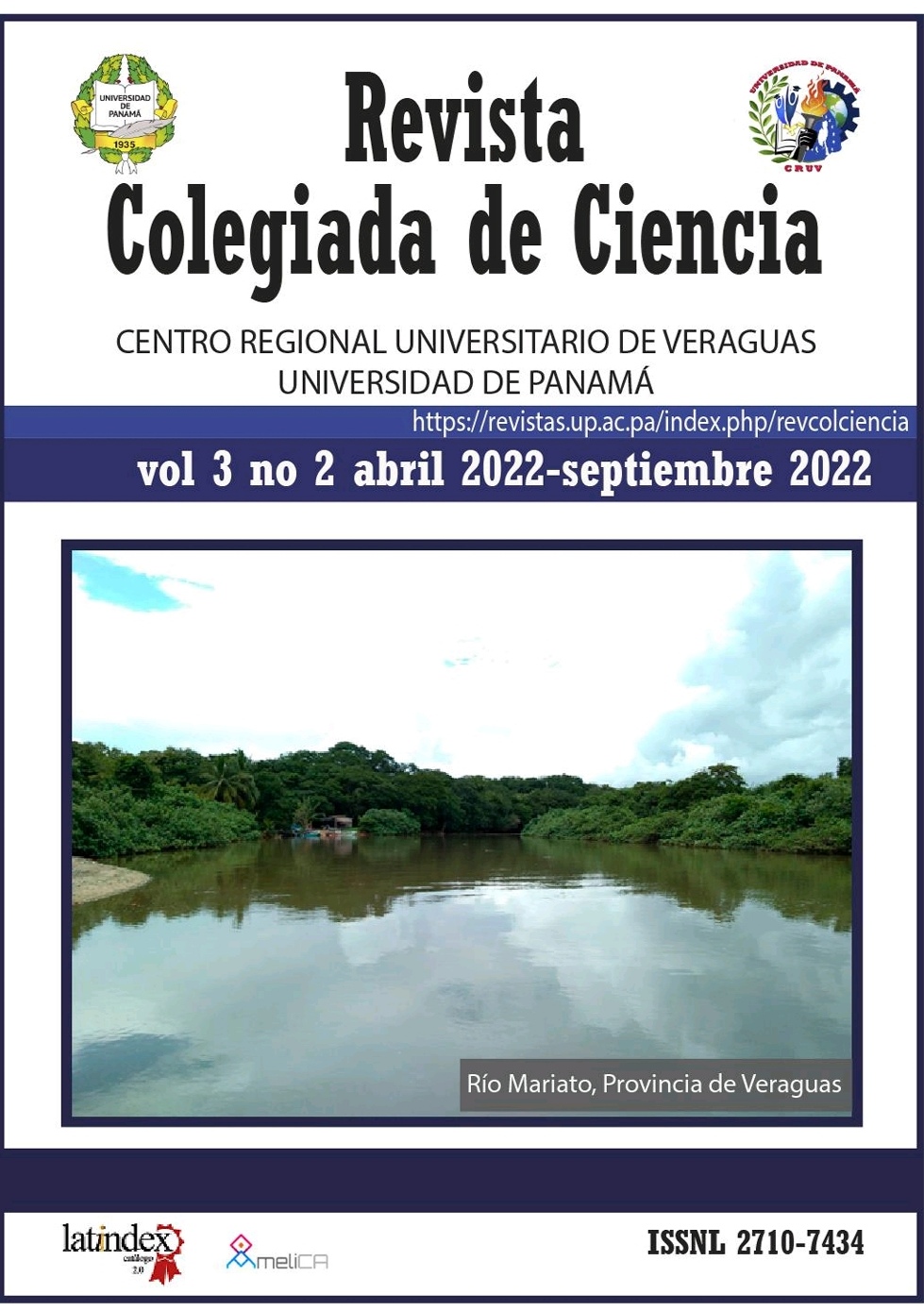

In the search for better strategies for teaching English as a second language, in this paper, the use of educational game under the communicative approach in a real context and the need to use the language and specific vocabulary is proposed with a purpose leisure and education. The aim was to demonstrate the effect of educational game in English learning in the initial stages of basic education in Panama, in the sociocultural context (socio-linguistic approach). The study assumed the pre-experimental design with control interest in making an experience that would allow the effect of the use of educational game in English learning in the early grades of basic education group. The study was conducted in schools in the District of Santiago, for a sample of 723 subjects, 356 educational games used (experimental group) and 367 received conventional instruction (control group). Data analysis and valuation assumptions are made through student's t-test for independent samples. Research shows that students in the experimental group, where using educational games showed higher levels of learning English than students who received conventional instruction, demonstrating the validity of the educational games as a tool for teaching and learning a second language in the early stages of education. As proposed the guide respective educational games and suggestions for implementation in other contexts it is included.